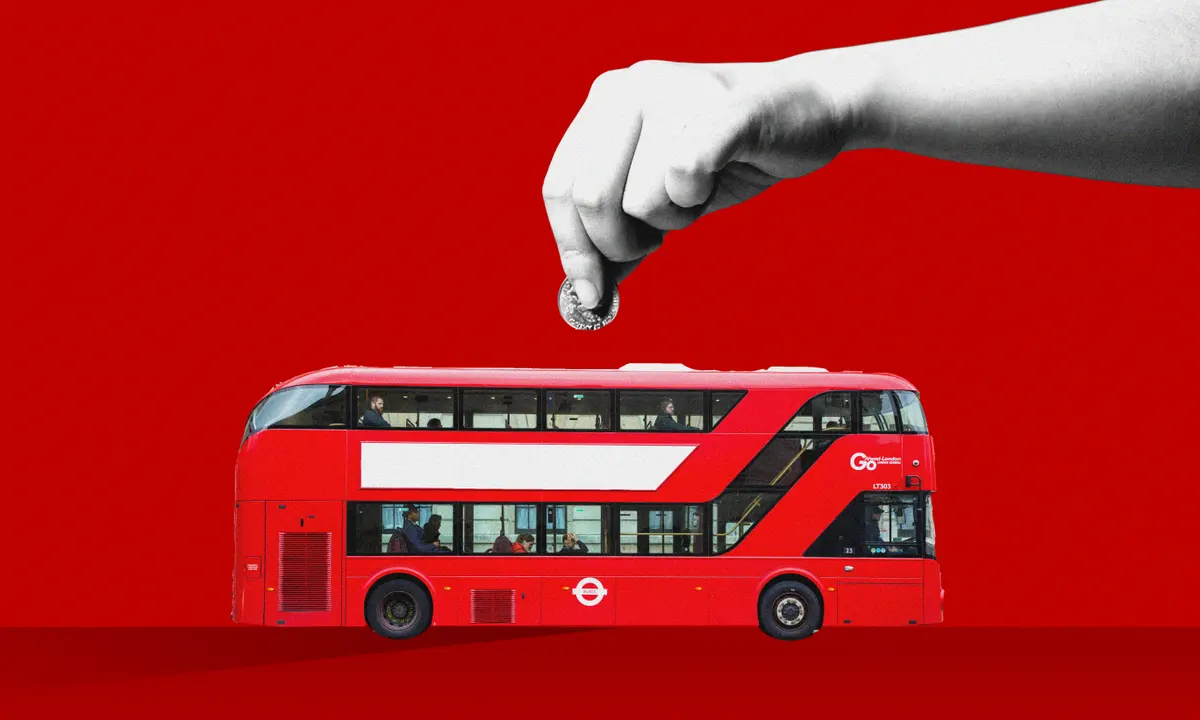Going on a bus journey is more than just travelling from one place to another. It becomes an experience as you go through the roads and find out about the hidden gems. Bus journeys provide an immersive experience that offers you a different perspective on the beauty that goes unnoticed. Here are some things that you usually miss during the bus journey and how travelling by the bus is an environmental advantage. You can book your bus tickets if you want to enjoy the best of both worlds.
1. Scenic Landscapes:
One of the undeniable pleasures of a bus journey is the ever-changing scenery outside the window. Unlike air travel, a bus takes you through the heart of a country, exposing you to its natural wonders. From rolling hills to serene lakes and bustling cities to quaint villages, the view from a bus offers a front-row seat to the kaleidoscope of landscapes.
– Mountains and Valleys:
Witness the greatness of mountain ranges as the bus winds through snaking roads, providing passengers with panoramic views of valleys below and peaks above.
– Coastal Roads:
Coastal bus routes unveil the charm of the sea, with waves crashing against rugged cliffs and the salty breeze wafting through the windows.
– Countryside Charms:
Passing through countryside landscapes, passengers are treated to the simplicity of rural life, with fields of golden crops, grazing livestock, and picturesque farmhouses.
2. Cultural Crossroads:

Buses are the arteries of cultural exchange, connecting cities, towns, and villages. As the wheels turn, passengers are exposed to the diverse tapestry of cultures that define a country.
– Local Markets:
Bus stops at small towns often coincide with vibrant local markets. Passengers can explore stalls selling regional crafts, fresh produce, and unique souvenirs.
– Traditional Architecture:
Travelling through different regions showcases the rich architectural diversity. From ancient temples to modern skyscrapers, the bus journey unfolds the story of a nation’s history and progress. Book your bus tickets now if you want to enjoy these views.
– Local Cuisine:
Bus stations and stops introduce travellers to regional delicacies. Sampling street food or dining at local eateries becomes a gastronomic adventure, adding flavour to the journey.
3. Off-the-Beaten-Path Stops:
Unlike aeroplanes, buses can stop at unconventional places, revealing hidden spots that might not be on the tourist radar.
– Natural Wonders:
Detours to waterfalls, viewpoints, or scenic spots off the main road provide passengers with unexpected encounters with nature’s wonders.
– Historical Ruins:
Some bus routes pass by ancient ruins or historical sites, offering a glimpse into the past. These unplanned stops become impromptu history lessons.
– Local Legends:
Bus drivers and guides often share local legends and stories associated with certain stops, adding a layer of mystery and intrigue to the journey. It is a very immersive experience to learn about another person’s stories. It changes the perception of how we see life.
4. Economic Insights:
A bus journey unveils the economic pulse of a nation, showcasing urban development, industrial zones, and rural economies.
– Urban Sprawl:
The transition from rural to urban landscapes provides a firsthand look at economic growth, with skyscrapers replacing farmlands and commercial centres bustling with activity.
– Industrial Hubs:
Passing through industrial areas highlights the backbone of a nation’s economy, from factories and manufacturing plants to warehouses and shipping yards.
– Agricultural Heartlands:
Bus journeys through agricultural regions showcase the importance of farming to the economy, with vast fields stretching as far as the eye can see.
Rolling Towards a Greener Future: The Environmental Benefits of Bus Travel

In an era where climate change casts a long shadow, our transportation choices carry more weight than ever. While our love affair with personal vehicles continues, a humble champion emerges – the bus, offering a surprisingly eco-friendly alternative. Compared to other forms of transportation, bus travel packs a powerful punch for the environment, delivering benefits that resonate across the planet’s well-being.
Clearing the Air: Combating Climate Change
The most compelling advantage of bus travel lies in its ability to tackle climate change head-on. By replacing individual cars with buses, we drastically reduce carbon emissions. A single bus carrying dozens of passengers emits significantly less per person than a car filled with just one or two. Studies estimate that riding the bus generates, on average, 45% less CO2 than driving your own car. This translates to millions of tons of greenhouse gases avoided annually, a vital step towards curbing global warming and its devastating consequences.
Less Fuel, More Efficiency: Conserving Precious Resources
Beyond carbon emissions, bus travel excels in resource efficiency. With multiple passengers sharing the journey, a single bus engine serves many, maximizing fuel utilization. This contrasts with the inefficiencies inherent in personal cars, where individual engines transport just one or two people. As a result, buses consume up to 25% less fuel per passenger kilometre compared to cars, which further reduces our dependence on fossil fuels and their environmental footprint.
Breathing Easier: Improving Air Quality
The impact of reduced emissions extends beyond climate change, directly affecting our health and well-being. Cars are major contributors to air pollution, spewing harmful gases and particulates that exacerbate respiratory illnesses and lung damage. Replacing car trips with buses translates to cleaner air with lower levels of these pollutants. Improved air quality saves lives and reduces healthcare costs associated with pollution-related illnesses.
Quieter Communities: Taming the Traffic Roar
The buzz of traffic isn’t just annoying; it’s also harmful to our health and mental well-being. With fewer cars on the road, noise pollution takes a significant dip thanks to increased bus ridership. This creates quieter environments, improving quality of life, reducing stress levels, and even enhancing learning in schools situated near busy roads.
Space Smart: Reducing Infrastructure Demands
Our reliance on cars comes at a hefty cost in terms of urban sprawl. Building and maintaining extensive road networks eats into green spaces, strains city budgets, and creates visual clutter. Buses, with their higher passenger capacity, require less infrastructure per capita. This allows cities to prioritize pedestrian-friendly spaces, parks, and public amenities, fostering a more livable and sustainable urban environment.
Beyond the Bus: Embracing a Greener Future
It’s important to recognize that the future of bus travel lies not just in increased ridership but also in technological advancements. Investing in electric buses powered by renewable energy sources further amplifies the environmental benefits. Additionally, integrating buses with other forms of public transportation creates a seamless network, encouraging modal shifts and maximizing efficiency.
Choosing to take a bus is not just a personal choice but a more collective leap towards a greener future. It is about protecting the planet and considering environmental issues. So next time you plan a trip, consider taking a bus because it will help you contribute to a healthier future for the planet.

Conclusion
A journey by bus is an immersive odyssey that goes beyond mere transportation. It is an opportunity to uncover the hidden gems of the road, from breathtaking landscapes and cultural crossroads to human connections and off-the-beaten-path stops. As the wheels of the bus turn, so does the tapestry of a nation unfold, revealing its beauty, diversity, and the stories embedded in its very soil. So, the next time you find yourself aboard a bus, remember that the real journey is not just the destination but the extraordinary world that unfolds along the way.




